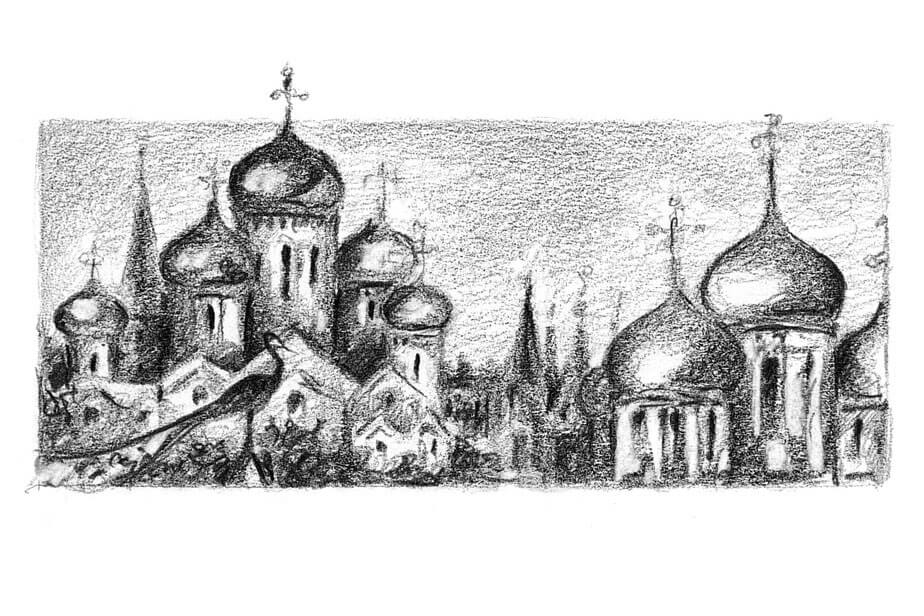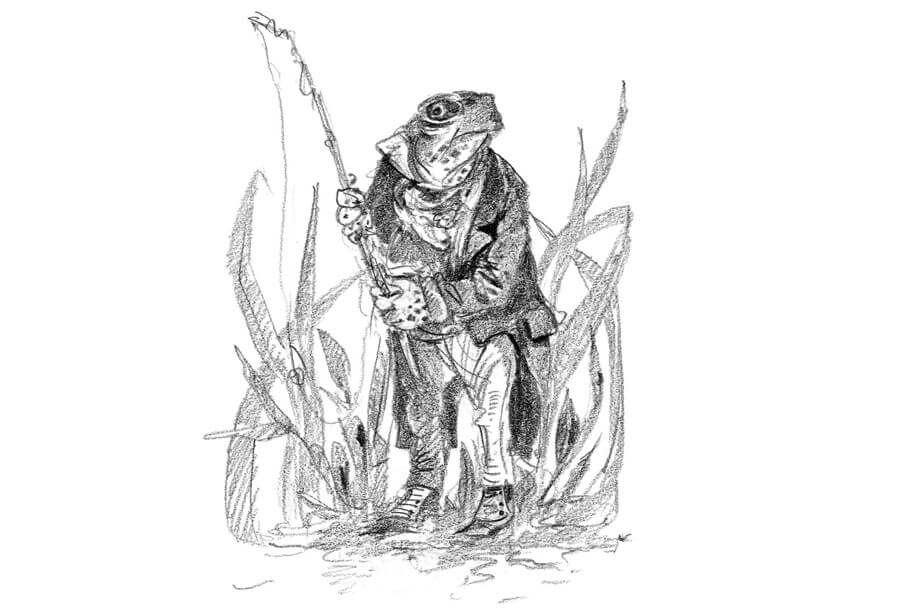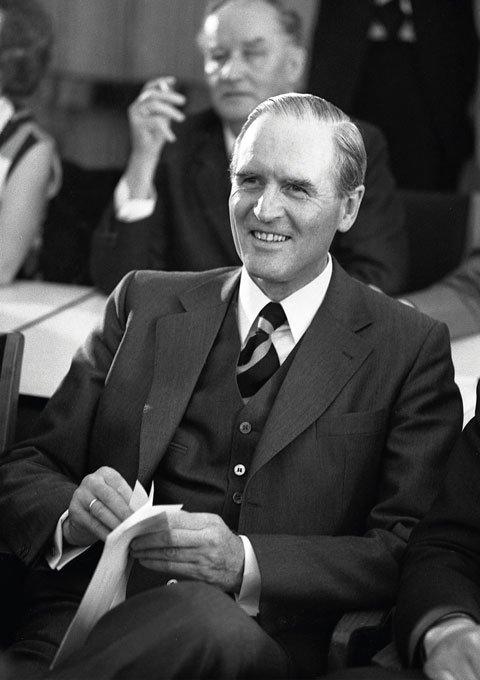Personalities
Personalities
Walter A. Berendsohn (1884 – 1984)
Berendsohn is regarded as the founder of research on Germanlanguage “exile literature.” An adjunct professor in the German studies seminar at Universität Hamburg since 1926, Berendsohn was dismissed in 1933 because he was Jewish. His faculty prevented his rehabilitation and return after 1945. It was not until 1983 that the University awarded him an honorary doctorate.
Peter Rühmkorf (1929 – 2008)
Rühmkorf studied German literature and psychology at Universität Hamburg from 1951 to 1957. He then worked as an editor at Rowohlt Verlag and since 1964 has worked as a freelance writer and poet in Hamburg. Rühmkorf has received numerous literary prizes and has often been a visiting lecturer at German and international universities.Julia Dingwort-Nusseck (*1921)
Dingwort-Nusseck studied economics at the University of Tübingen and Universität Hamburg. After receiving her Diplom in 1943, she pursued a doctorate. She was not only the first woman to serve as editor-in-chief at the WDR TV station; from 1976 to 1988, she was also the first woman to serve as president of a state central bank, thus making her the first woman on the board of the Deutsche Bundesbank (German Central Bank).Alfons Maria Jakob (1884 – 1931)
In 1919, Jakob received his Habilitation, a postdoctoral qualification, in neurology and psychiatry at Universität Hamburg. He was appointed professor of neurology at the University in 1924. In 1920, on the heels of Hans Gerhard Creutzfeldt, Jakob discovered a nerve disease leading to dementia. This disease is named Creutzfeldt-Jakob after the two scientists.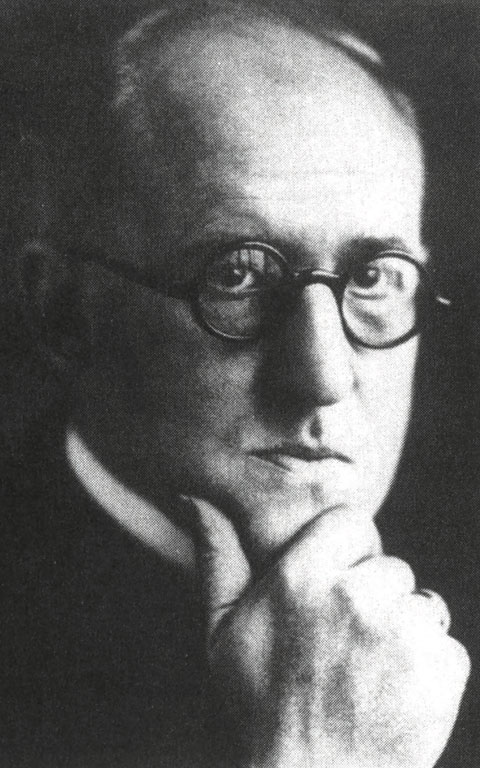
Franklin Kopitzsch und Dirk Brietzke, Hg., Hamburgische Biografie. Personenlexikon, Band 3, 2006
Alfons Maria Jakob.
Hartmut Grassl (*1940)
Graßl received his Habilitation in meteorology from Universität Hamburg in 1978. In 1988, he became a professor at the Institute of Meteorology at Universität Hamburg and the director of the Max Planck Institute of Meteorology. He held both offices until his retirement in 2005. Graßl is considered one of the world’s most important climate researchers.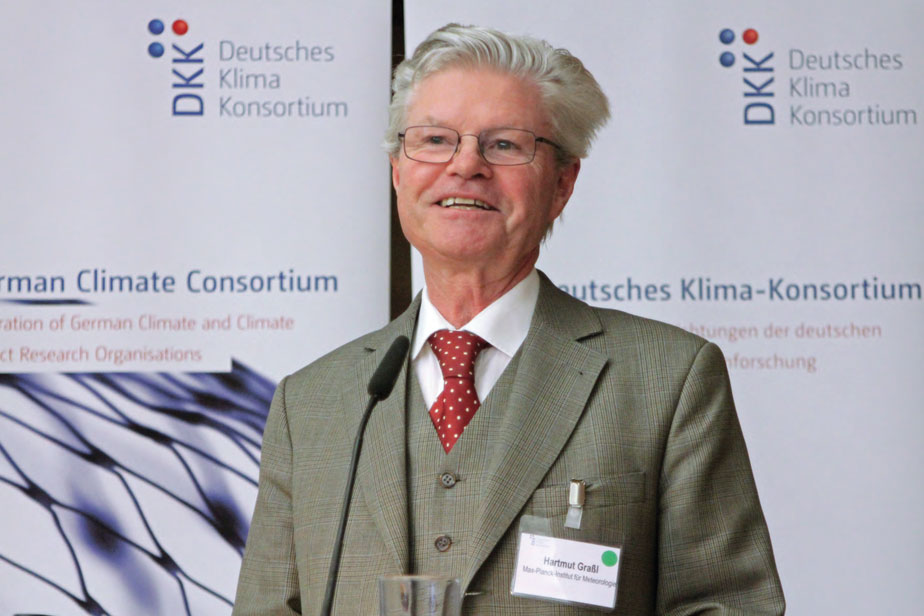
Deutsches Klima-Konsortium (DKK) https://www.deutsches-klima-konsortium.de
Hartmut Grassl
Monika Harms (*1946)
Harms studied law at Universität Hamburg from 1968 to 1971. From 2006 to 2011, Harms served as attorney general, the highest office in Germany’s justice system. An expert for white-collar crimes, she was the first woman to hold this office.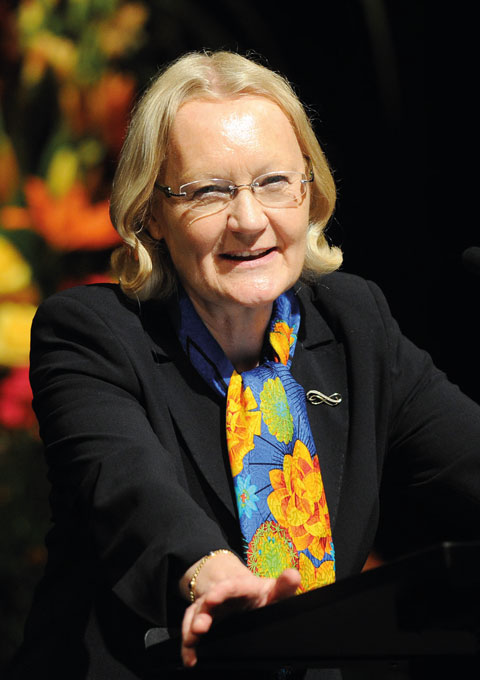
picture alliance/dpa, Foto: Uli Deck
Monika Harms
Anne-Marie Tausch (1925 – 1983)
Tausch worked at Universität Hamburg as a professor of psychology until her death. Together with her husband, the psychologist Reinhard Tausch, she was instrumental in the spread of clientcentered therapy in Germany. She is also known for her work on disease and death.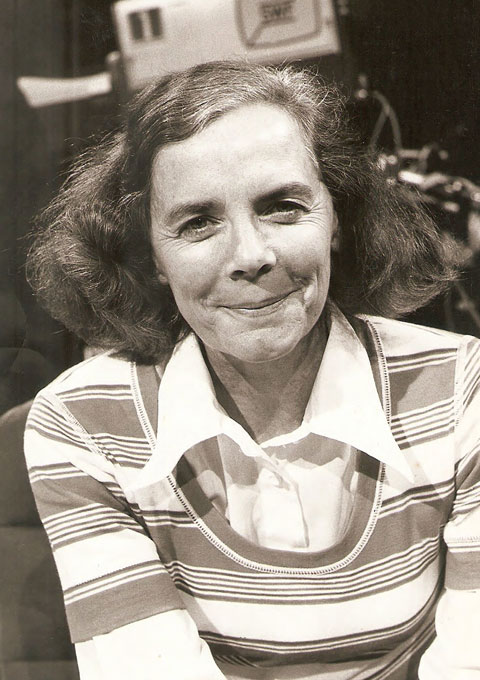
Foto: unbekannte Quelle
Anne-Marie Tausch
Karl Schiller (1911 – 1994)
Schiller became a full professor of economics at Universität Hamburg in 1947 and Hamburg’s senator for economic affairs in 1948. He returned to the University in 1953 and was elected to be ist rector in 1956. In 1961, he became Berlin’s first senator for economic affairs and went on to become minister for economic affairs and minister of finance. In 1983, the University named him an honorary senator.Hannelore “Loki” Schmidt (1919 – 2010)
Schmidt studied education at Universität Hamburg from 1938 to 1940 and subsequently worked as a teacher. Beginning in 1972, she actively supported her husband Helmut Schmidt, who later became chancellor, in his many political offices. At the same time, she continued to advocate for the conservation of endangered plants.Caren Miosga (*1969)
Miosga studied history and Slavic studies at Universität Hamburg from 1990 to 1999. During her studies, she worked as a travel guide in the Soviet Union and as a radio correspondent. Her TV career began at the NDR TV station in 1999. Since 2007, Miosga has been the anchorwoman for the German daily news program Tagesthemen.Helmut Schelsky (1912 – 1984)
Schelsky was a professor at Universität Hamburg from 1953 to 1960. His best-selling books Soziologie der Sexualität and Die skeptische Generation made him one of the Federal Republic of Germany’s best-known sociologists. In 1960, he left for the University of Münster to head what was then Europe’s largest social science research institute.Anna Siemsen (1882 – 1951)
Siemsen emigrated to Switzerland after she was stripped of her professorship in education in Jena in 1932. Starting in 1947, she oversaw the urgently required post war programs to train teachers for adult education centers and received a teaching contract for European literature. She was active in the peace movement and European integration efforts.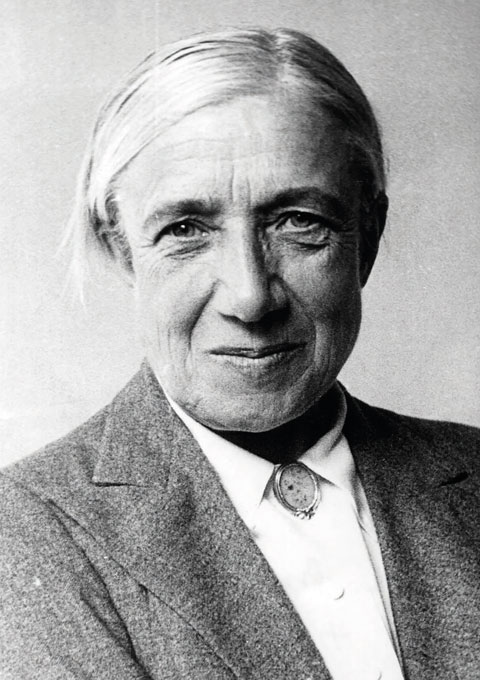
AdsD/Friedrich-Ebert-Stiftung
Anna Siemsen
Martha Muchow (1892 – 1933)
Muchow is considered a pioneer of environmental psychology. In 1923, she became the first woman to receive a doctorate at Universität Hamburg. In 1930, she became an academic councilor at the University’s Institute of Psychology. In 1933, she was dismissed from her job for political reasons. Shortly thereafter she committed suicide.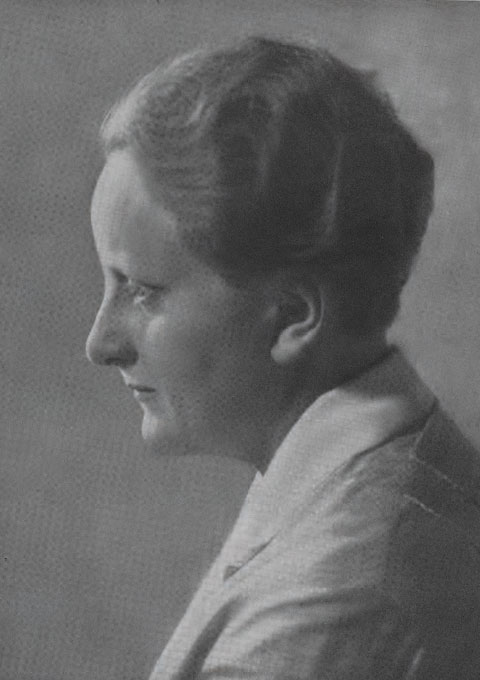
Zeitschrift „Kindergarten“, 74/1933
Martha Muchow
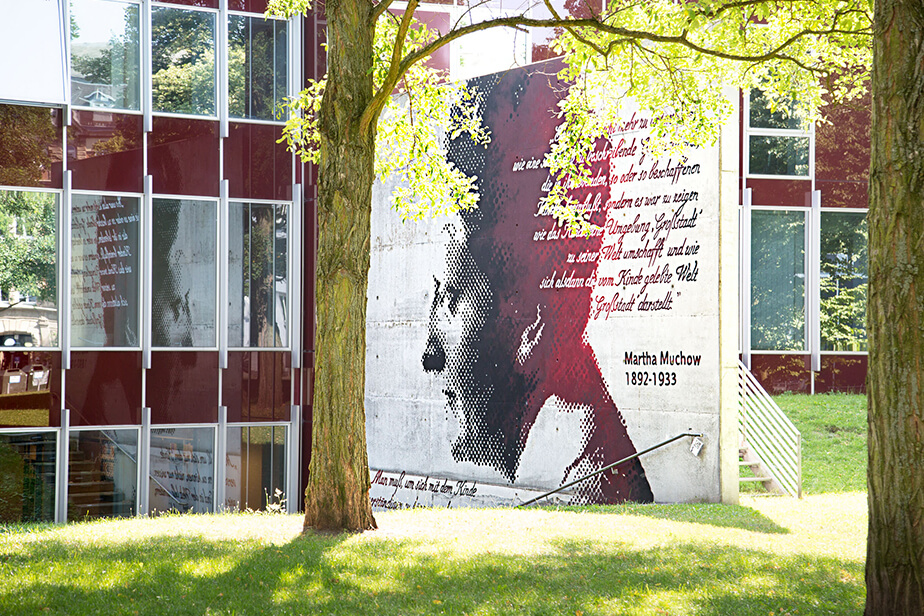
UHH/Wendt
Graffiti Martha Muchow
Helmut Schmidt (1918 – 2015)
Schmidt studied state economy and economics at Universität Hamburg from 1945 to 1949. His crisis management skills as Hamburg’s police senator during the catastrophic 1962 flood made him famous throughout Germany. In 1974, Schmidt succeeded Willy Brandt as chancellor. In 1983, the University named him an honorary senator.Jan Philipp Reemtsma (*1952)
Reemtsma has been a professor of contemporary German literature at Universität Hamburg, his alma mater, since 1996. From 1990 to 2015, he headed the Hamburg Institute for Social Research, which he also founded. As a benefactor and chair of the Hamburger Stiftung zur Förderung von Wissenschaft und Kultur, Reemtsma has funded numerous publications.Yoko Tawada (*1960)
Tawada, who was born in Tokyo, studied contemporary German literature at Universität Hamburg from 1987 to 1992. From 2011 to 2012, she was the first visiting professor for intercultural poetics at Universität Hamburg. Tawada has received numerous literary prizes for her work in both Japan and Germany.Siegfried Lenz (1926 – 2014)
Lenz was a student of philosophy, English studies, and German literature at Universität Hamburg in the 1940s. The writer’s most renowned work is the novel Deutschstunde (The German Lesson). In 1976, Universität Hamburg awarded Lenz an honorary doctorate. In 2001, it also named him an honorary senator.
Siegfried Lenz Stiftung
Siegfried Lenz
Helene “Hel” Braun (1914 – 1986)
Braun received her Habilitation for mathematics in Göttingen in 1940, when only very few women worked in the field. In 1952, she became an adjunct professor in the mathematics seminar at Universität Hamburg, where she collaborated with Emil Artin. In 1965, she became an academic councilor and was appointed professor.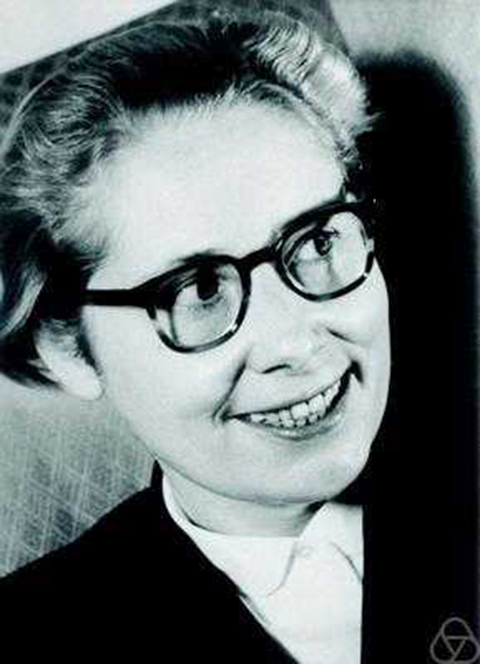
Bildarchiv des Mathematischen Forschungsinstituts Oberwolfach, Foto: Konrad Jacobs
Helene „Hel“ Braun
Friedemann Schulz von Thun (*1944)
Schulz von Thun studied psychology, education, and philosophy at Universität Hamburg from 1967 to 1971. He was a professor of educational psychology at the University until 2009. Schulz von Thun is well-known for his interpersonal communication workshops, which he has offered since 1970.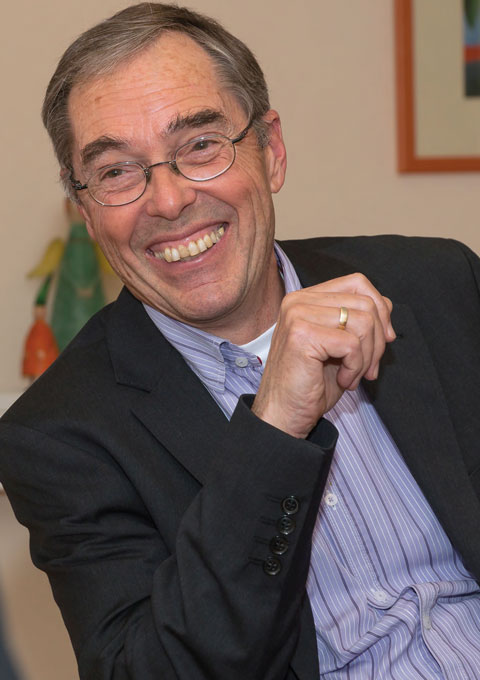
Schulz von Thun Institut für Kommunikation
Friedemann Schulz von Thun
Peter Sloterdijk (*1947)
Sloterdijk, one of the most important contemporary philosophers in German, studied philosophy, history, and German literature at numerous universities, among them Universität Hamburg. He was a professor of philosophy and aesthetics at the Staatliche Hochschule für Gestaltung in Karlsruhe until 2017 and rector from 2001 to 2015.Cornelia Funke (*1958)
Funke studied education at Universität Hamburg from 1977 to 1983. At the time, she was already illustrating children’s books. Her first book appeared in 1988. Today, Funke is one of the world’s most successful children’s book authors. Funke has been an honorary senator of Universität Hamburg since 2017.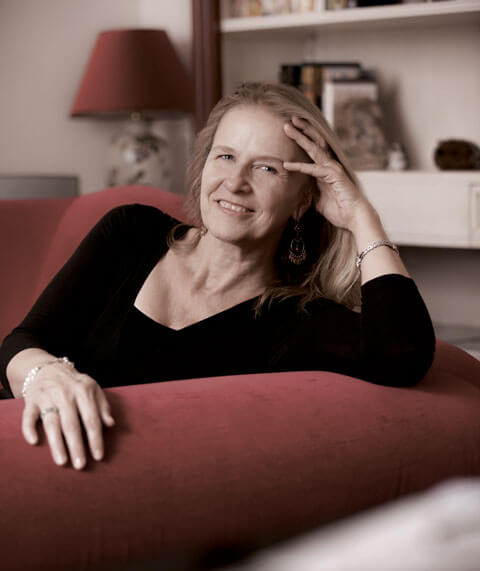
Dressler/Joerg Schwalfenberg
Cornelia Funke
Wolfgang Schäuble (*1942)
Schäuble studied law and economics at Universität Hamburg in 1962/63. The CDU politician was the head of the German Chancellery, the federal minister of the interior, and the federal minister of finance. As minister of the interior, Schäuble designed the treaties for German reunification. He has been the president of the German Bundestag since 2017.Asta Hampe (1907 – 2003)
After studying and completing her doctorate in economics at Universität Hamburg, Hampe received a teaching contract for statistics in 1951. She later became a professor. In 1963, Hampe revamped business statistics at Philipps-Universität Marburg, at the time a cutting-edge field.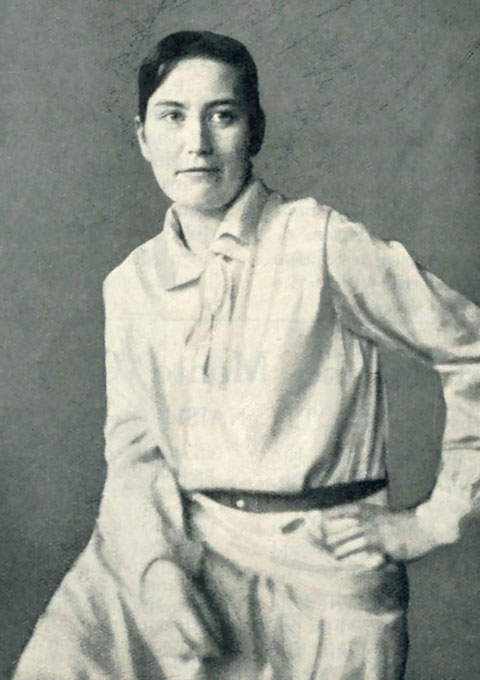
IET Archives and WES
Asta Hampe

